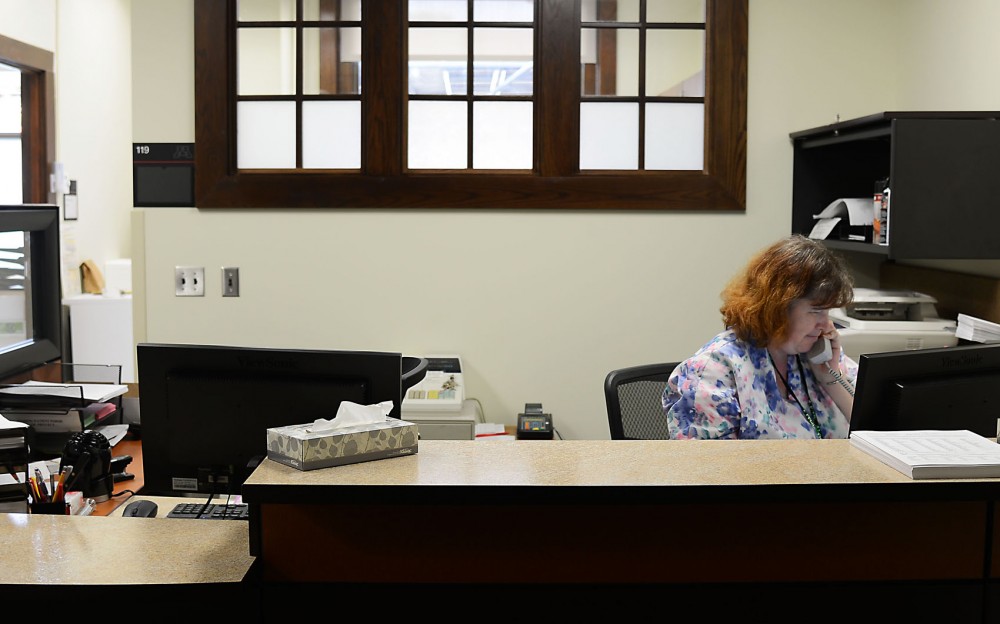The University of Minnesota’s revised sick note policy — over a year in the making — was implemented then quickly withdrawn earlier this month after negative feedback.
Under the policy, which the University Senate Committee on Educational Policy approved in January, instructors can’t require doctors’ notes to excuse single-day medical absences. It was put into the University’s policy library early this month, but after faculty voiced concerns about the mid-semester change, officials decided to delay the move until the fall.
The draft didn’t specify when the policy should go into effect, so it was automatically entered into the University policy library Apr. 10 after the Policy Advisory Committee and President’s Policy Committee approved it, said SCEP Chair Sue Wick.
Almost immediately, faculty members voiced concerns about the mid-semester policy change because it conflicted with the rules printed in their syllabi, she said, so its implementation was delayed until this fall.
Under the current policy, instructors have the right to request verification for all absences. The new policy states instructors can’t ask for doctors’ notes for single medical absences due to conditions that don’t require treatment — like a cold or the flu. Instructors could still request verification for recurring medical absences under this policy.
“[Faculty] were quite upset about this,” Wick said. “This was throwing them a curveball in the middle of the semester.”
The policy drew little feedback in its standard 30-day review period, said Stacey Tidball, policy owner and director of continuity and compliance for the University’s Department of Academic Support Resources.
The few comments were largely positive, she said.
However, a few commenters raised concerns about what constitutes a recurring medical absence in the new policy, Tidball said.
Others wondered why a provision of the policy that said instructors on the Morris campus can request verification for single absences on test, laboratory or presentation days doesn’t apply to all campuses, Wick said.
Morris’ SCEP representative professor Jennifer Goodnough said Morris faculty requested the exemption because the policy change was designed to address an overwhelming number of sick note requests at Boynton Health Services, not at Morris Health Service.
They felt if faculty could ask for verification of other absences on exam days, like bereavement, they should be able to ask for a doctor’s note, she said.
A committee working group considered defining a recurring medical absence and the possibility of applying the Morris exemption system-wide.
Wick said the committee has worked on the makeup work and legitimate absence policy for at least a year and a half.
The most recent revision process started last fall, when Boynton Health Director Carl Anderson proposed changing the sick note requirements because note requests at Boynton had become enough work for a full-time employee.
The clinic receives about 100 requests for notes each day during its busiest periods, often for conditions that wouldn’t otherwise require medical attention, like the cold or flu, he told the Minnesota Daily in February.








